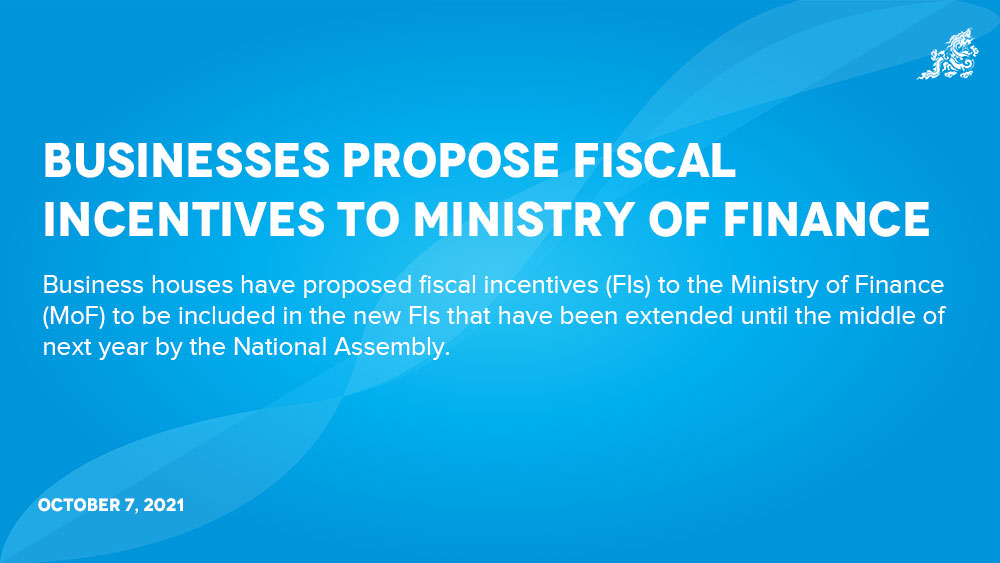Thukten Zangpo
Business houses have proposed fiscal incentives (FIs) to the Ministry of Finance (MoF) to be included in the new FIs that have been extended until the middle of next year by the National Assembly.
The FIs are aimed at stimulating economic growth, fostering private sector development, and generating employment.
The president of the Bhutan Chamber of Commerce and Industry, Tandin Wangchuk, said that the current FIs have had minimal impact on the fast-moving consumer goods sector and have not helped much in attracting foreign direct investments (FDIs) into the country.
“Import substitution has emerged as crucial in the current scenario. So, the businesses that can help in import substitution should be incentivised by FIs,” he added.
Tandin Wangchuk said that the MoF has asked for the revised proposal. The chamber is waiting for a response from the ministry.
Direct tax incentives
The businesses requested income tax exemptions on convertible currency earnings for new and existing companies.
As per the Fiscal Incentives Act 2017, there are income tax exemptions of 10 years for export, but only for newly established manufacturing and information technology service industries.
Income tax exemptions for convertible currency earning sectors, namely the tourism sector, cottage and small industries (CSIs), and the aggregators of CSIs were also proposed. The companies earning Indian currency are to be exempted from income tax.
The private sector also recommended increasing reinvestment allowance for manufacturing and service industries from the existing 25 percent to 50 percent.
Businesses also proposed a separate tier system of incentives for companies employing Bhutanese, since some sectors, like the construction sector, are not able to employ a 100 percent Bhutanese workforce.
Currently, 10 percent of the assessed tax amount is allowed as a tax rebate to businesses with a staff of no less than 20, composed completely of Bhutanese nationals..
Tandin Wangchuk said the tax rebate system for employing solely Bhutanese nationals does not make much of a difference, as it has to be deducted from profits.
“For those companies not making a profit, even though they are employing only Bhutanese nationals, it does not benefit them,” he said, adding that for expenses incurred for employing additional Bhutanese nationals, tax rebate should be allowed as deductible expenses.
The businesses also proposed income tax holidays to be increased to 10 years for all the sectors eligible for the exemptions.
The ministry was asked to revisit the taxation laws to make the incentives attractive for those companies going for an initial public offering (IPO; an offering of shares of a private corporation to the public in a new stock issuance).
These companies receive a five-year income tax holiday. Tandin Wangchuk said it is not incentivising because of double taxation.
Sector-specific incentives
The tourism sector proposed that the purchase of any brand of vehicles be allowed, a change from the existing restrictions to a few brands of buses.
It also suggested tax exemptions (applicable to sales tax and customs duties) for the need-based import of vehicles instead of quota-based, and suggested promoting vehicle-hiring companies.
Tax exemptions on hotel improvements, renovations, and expansion, including staff bus and utility vehicles, consumables, and alcohol brand registration fees, are also to be included.
The tourism sector requested that tour companies be taken on board for destination marketing and promotion in a cost-sharing mode.
Mining companies requested the environment restoration bond (lessee deposits to the government as security for reclamation and environmental restoration in mines, to ensure that the negative impact on the surrounding environment are minimised) allow deductible expenses for the mining companies.
The proposal also requested proper categorisation in the agriculture sector to provide incentives and suggested that incentives be provided for all necessities involved in agricultural businesses, including duty exemptions on seeds, tools, and technologies for production.
The Information and communication technology (ICT) sector submitted that incentives should be given to the companies (developers and users) investing in digitisation.
The sector also requested a clear differentiation of products that are essential for ICT, to avoid ambiguity while applying for exemptions; they proposed that spare parts and accessories be exempted from duties like in other sectors.
The cable sector requested duty exemptions on items essential for digitisation. Sales tax and custom duties should be waived for the television content imported from foreign broadcasters, as the content is regulated and limited by the government.
The construction sector requested an exemption from duties on occupational health and safety equipment.
The education sector submitted that the schools should be allowed to import buses as per the requirement and to remove the current bus quota. Also, the education sector proposed investment in education through FDIs with attractive incentives, as it brings in globally reputed or accredited institutions.
Indirect tax incentives
The private sector stated that spare parts and accessories are part and parcel with plants and machinery for production. It requested clear distinctions as to which items are productive and which are not for the production process, and that exemptions be provided accordingly.


